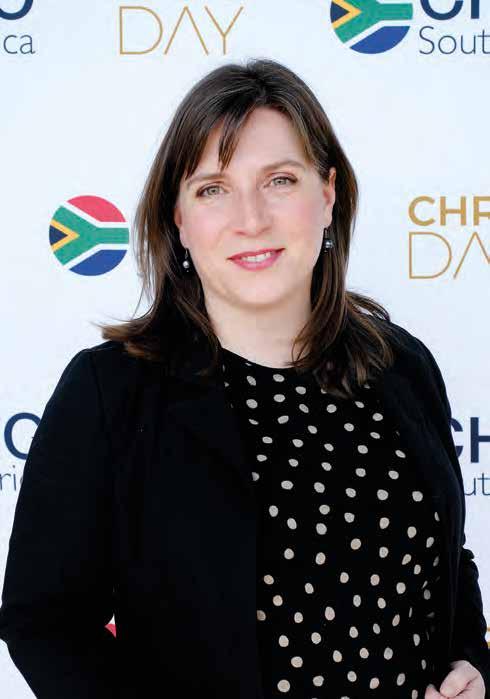
3 minute read
The people, profit, planet nexus
Arno Daehnke Devrani Moonsamy

Advertisement
Social sustainability as well as environmental and governance issues are increasingly being linked to company purpose – and the finance function has a critical role to play. By Reabetswe Rabaji
Once considered a passing trend, ESG is now squarely on the agenda of finance executives, but there is still a lot of work to be done in these areas – with every sector having an important role to play. The reality is that ESG is not a one-man show, but a team effort directly linked to profit and people. At the recent Finance Indaba Online, Arno Daehnke, chief finance and value management officer at Standard Bank, told attendees that more often than not, organisations who are motivated by sustainability will most likely succeed compared to those that are not. “Social sustainability and environmental issues are actually our purpose. If we don’t have those matters at the forefront, we will fail to deliver on our purpose,” he added.
Arno highlighted that companies that are driven by purpose tend to attract much better talent and ultimately a broader pool of investors as well. “I see investors really bringing up ESG-related matters on the roadshows that I go on, and how they are thinking about ESG and holding companies accountable,” Arno explained.


Raj Nana Rebecca Pole
He added that investors overseas are very vocal about the fact that companies need to make ESG a core criterion to attract investment.
According to Devrani Moonsamy, head of finance, the Competition Tribunal of South Africa, as more and more companies start to adopt ESG strategies, which are ultimately to the benefit of the country from an environmental perspective, they also need to consider ESG strategies geared towards addressing the socio-economic issues of the country. “ESG is not just about driving profits, but to see what impact you’re having on society. ESG is also a risk management tool that involves or focuses on non-financial objectives even more,” she said. She highlighted that the private sector needs to be more purposeful about its ESG strategy, as the public sector has far fewer resources, and this will be very beneficial for the country in the long run.
Purposeful
Raj Nana, CFO and executive director, Attacq Group, agreed that ESG must be purposeful and not just a talk shop. “Organisations should understand their purpose and mission and try to incorporate it into their ESG at that level as fundamentals. Once you’ve done that, the decision-making and the monitoring follows from there seamlessly,” he said. “This way, ESG doesn’t become a side hustle or an ad hoc project and you’ll see it prosper.” According to Rebecca Pole, FD, NEXTEC (a division of EOH), while companies are concerned about their reporting, they are also made up of people – employees and stakeholders – who are all increasingly focused and interested in a company’s purpose over and above the financial goals companies set for themselves. There’s been an increase in leaving society in a better place from the side of organisations as well. “We are trying to create sustainable solutions for our generation and future generations, as an organisation,” she said. Rebecca believes that environmental impact assessments should be informed or aided by digitisation. “Digitisation allows professionals to get a full appreciation of what it will take to keep the environment safe, and we, as finance professionals, need to be at the forefront of that,” she said. l










